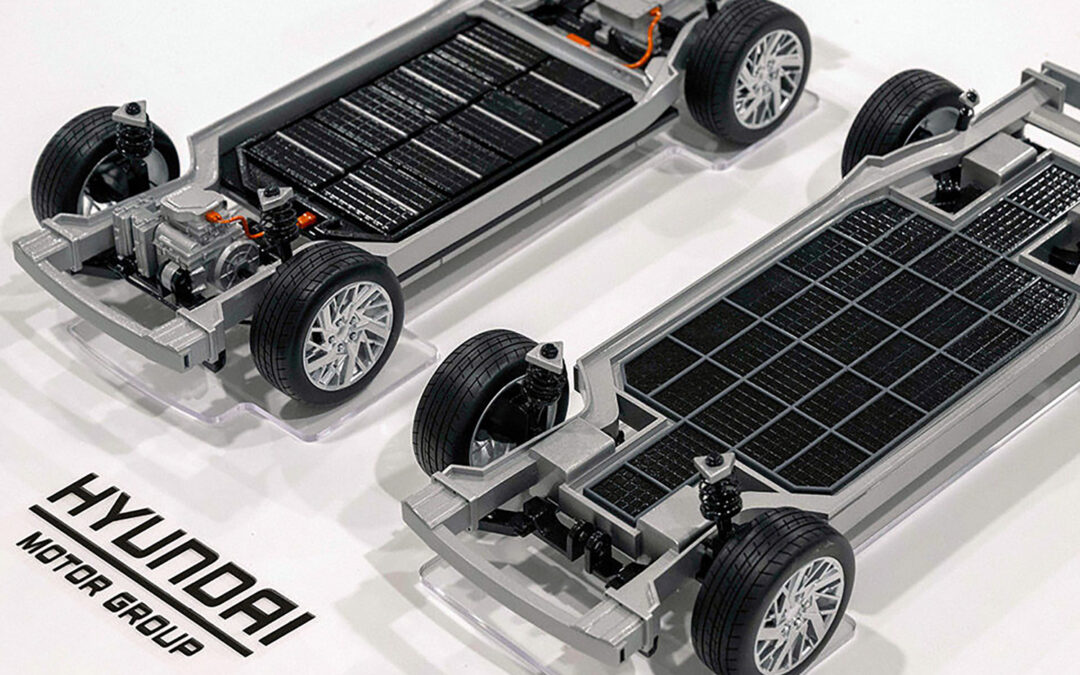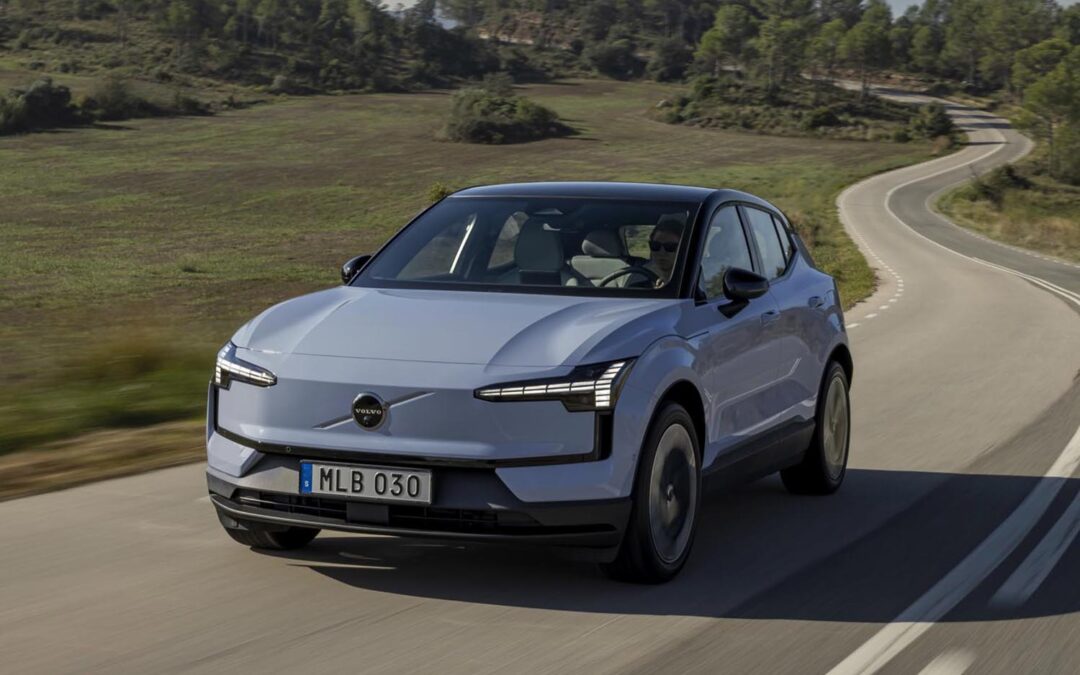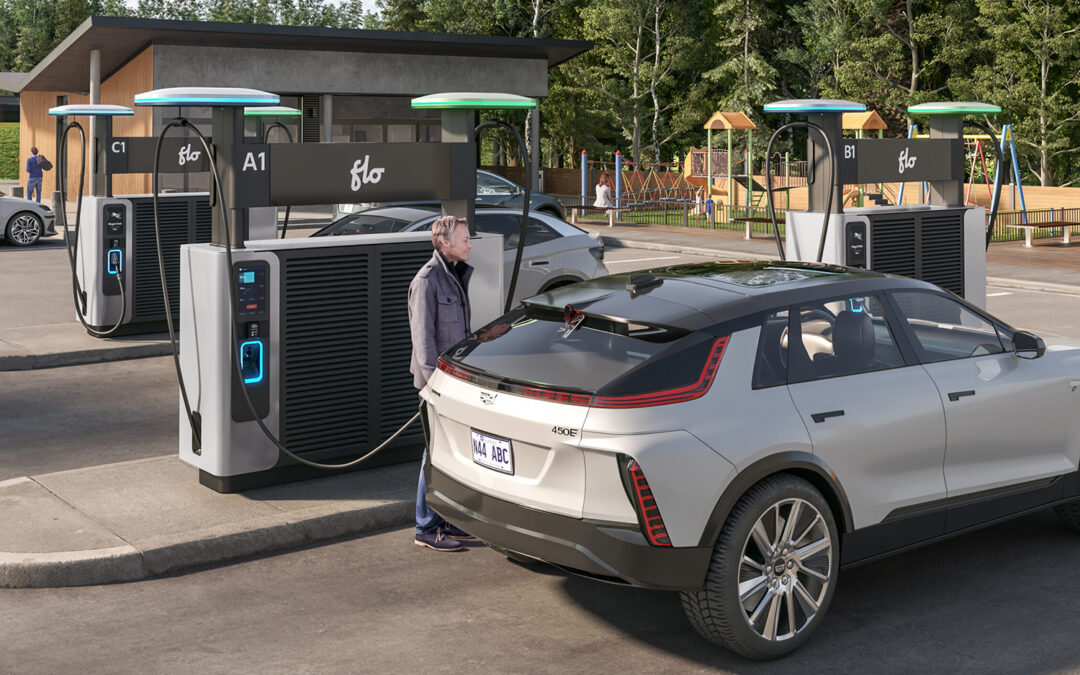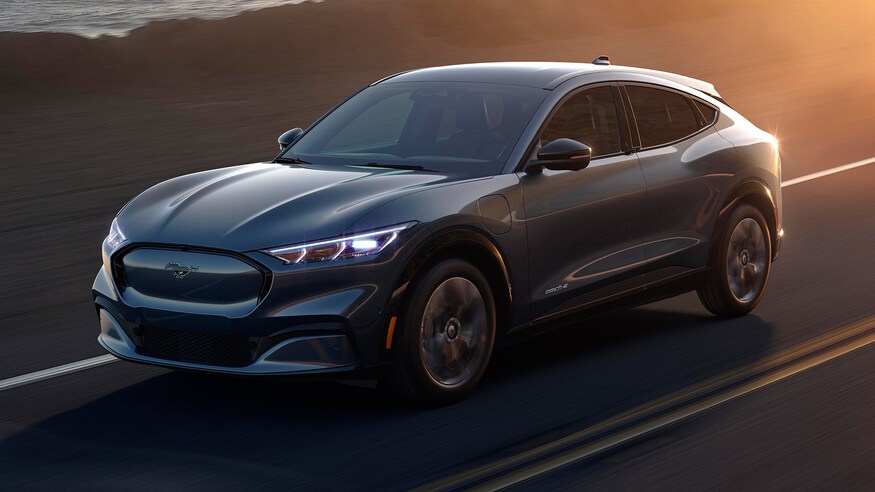For the last few years, political leaders and automakers around the globe have been revealing ambitious plans to ramp up the production of EVs while improving EV charging infrastructure. But the question remains — are Canadians truly on board with an all-electric future?
According to a recent survey from market research company JD Power Canada, a good portion of Canadians may still be on the fence. In fact, the survey revealed that over half of all participating Canadians are interested in hybrids, which offer a gas and electric combination, but the majority said they wouldn’t want an EV. Specifically, the survey concluded that 53 per cent of Canadians are “very unlikely” or “somewhat unlikely” to consider an EV.
Americans, on the other hand, seem a bit more enthusiastic about the switch to electric, with 59 per cent of Americans saying they are “very likely” or “somewhat likely” to consider an EV for their next purchase.
When asked about potential barriers to EV adoption in Canada, J.D. Ney, Director of Automotive Research and Consulting with JD Power Canada, cited the cost of EV ownership. To this effect, 61 per cent said they are unlikely to buy an electric vehicle based on price.
According to the report, another reason Canadians are apprehensive of going all electric is the climate; specifically, our cold winters, which may negatively impact battery performance in EVs. “In Canada it’s cold for half of the year and everyone knows what happens to batteries when it’s cold outside,” said Ney.
Canadians also appear to suffer from range anxiety, with 65 per cent of survey respondents stating that they’re unlikely to buy an electric vehicle based on range-related concerns. However, research also indicates that many Canadians haven’t had the chance to drive an EV and, once they do, they’re more open to EV ownership.
Finally, the survey noted that the province with the most interest in switching to electric vehicles is British Columbia at 59 per cent, with Ontario drivers coming in at 47 per cent and residents of Atlantic Canada coming in at a less enthusiastic 35 per cent.






